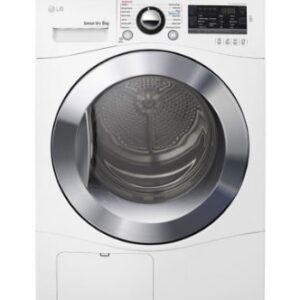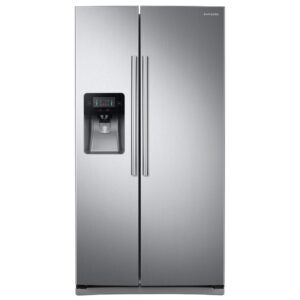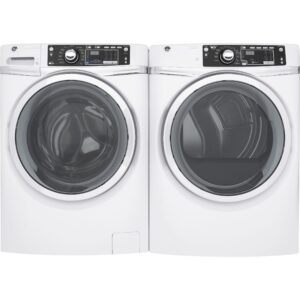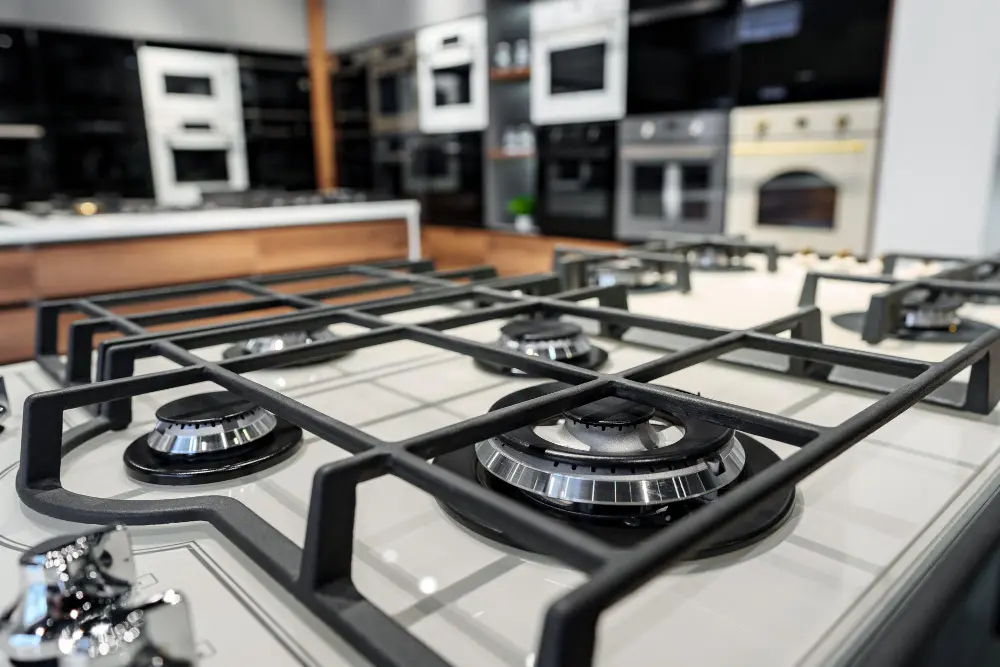When it comes to equipping your rental property with a stove, choosing between a gas or electric option is a decision that can greatly impact both you as the landlord and your tenants. While the choice may seem straightforward, there are a variety of factors to consider, including cost, energy efficiency, and tenant preferences. In this comprehensive guide, we will explore the benefits and downsides of both gas and electric stoves, helping you make an informed decision that suits your rental property’s needs.
Gas Stoves: Efficiency and Control
Gas stoves have long been favored by both landlords and tenants for several reasons. Let’s delve into the advantages they offer:
1. Lower Operating Costs
One of the key benefits of gas stoves is their lower operating costs. While the initial cost of purchasing a gas stove may be higher than an electric one, the cost of natural gas, which is commonly used to fuel gas stoves, is typically lower than electricity in most states. This means that tenants can save money on their monthly utility bills, making gas stoves an attractive option for cost-conscious individuals.
2. Precise Temperature Control
For those who take their cooking seriously, gas stoves provide greater temperature control. The open flames of a gas stove offer instant response to adjustments in temperature settings, allowing for precise cooking techniques. This feature is particularly appealing to aspiring chefs and tenants who enjoy experimenting with different recipes.
3. Ease of Use
Gas stoves are generally easier for tenants to use. The straightforward design and intuitive controls make it less likely for users to make mistakes or damage the stove due to misunderstandings. This ease of use can lead to increased tenant satisfaction and a reduced likelihood of maintenance issues.
Electric Stoves: Energy Efficiency and Safety
While gas stoves have their merits, electric stoves also offer unique advantages that should be considered. Let’s explore the benefits of electric stoves:
1. Energy Efficiency
Electric stoves are known for their energy efficiency. Unlike gas stoves, which waste a significant amount of heat energy, electric stoves transfer a higher percentage of heat directly to the food being cooked. This efficiency can result in lower utility bills for tenants and potentially savings for landlords who cover the cost of electricity.
2. Safety Considerations
When it comes to safety, electric stoves have an edge over their gas counterparts. Gas stoves carry the risk of gas leaks or fires if not used properly, while electric stoves eliminate these concerns. Landlords who prioritize safety and want to minimize the risk of accidents may find electric stoves to be a more suitable choice for their rental properties.
3. Wide Availability and Easy Installation
Unlike gas stoves, which require access to a gas line, electric stoves can be installed in any home with electricity. This makes electric stoves a practical choice for landlords who are renovating properties or flipping homes, as they eliminate the need for extensive remodeling or renovations to accommodate gas lines. Additionally, electric stoves are generally easier to install, making them a convenient option for landlords who need to quickly equip multiple units.
Induction Cooktops: A Third Alternative
While gas and electric stoves are the most common choices for rental properties, it’s worth mentioning a third alternative: induction cooktops. Induction cooktops use electromagnetism to generate heat, offering unique benefits:
1. Energy Efficiency and Precision
Induction cooktops are renowned for their exceptional energy efficiency, transferring around 90% of their energy directly to the cookware. This efficiency can lead to further cost savings for tenants and landlords alike. Moreover, induction cooktops provide precise temperature control, making them an attractive option for tenants who value accuracy in their cooking.
2. Safety and Easy Maintenance
Induction cooktops are designed with safety in mind. Their surfaces remain cool to the touch, reducing the risk of burns or accidents. Additionally, induction cooktops are easy to clean and maintain, making them a practical choice for landlords who want to minimize the time and cost associated with maintenance.
It’s important to note that induction cooktops may have higher upfront costs compared to gas or electric stoves, and there may be limitations on the types of cookware that can be used with them. However, for landlords looking to provide a modern and energy-efficient option, induction cooktops are worth considering.
Choosing the Right Stove for Your Rental Property
Now that we’ve explored the benefits and downsides of gas, electric, and induction stoves, how can you determine which option is best suited for your rental property? Here are some factors to consider:
1. Tenant Preferences
Understanding your target tenant demographic is crucial. Some tenants may have a strong preference for gas stoves due to their precise temperature control and cooking capabilities, while others may prioritize energy efficiency and safety offered by electric stoves. Take into account the preferences of your target tenants to ensure maximum satisfaction.
2. Operating Costs
Consider whether your tenants will be responsible for paying their own utility bills. If so, gas stoves may be a more cost-effective option, as natural gas is generally cheaper than electricity. However, if you cover the cost of utilities, electric stoves may offer long-term savings due to their energy efficiency.
3. Safety and Maintenance
If safety is a top concern for you as a landlord, electric stoves provide a greater sense of security, as they eliminate the risk of gas leaks or fires. Additionally, electric stoves are often easier to maintain, potentially reducing the frequency and cost of maintenance calls.
4. Property Constraints
Consider whether your rental property has access to a gas line. If not, electric stoves are a practical choice, as they can be installed in any home with electricity. Additionally, if you’re renovating multiple units and need a quick and easy installation, electric stoves may be the more convenient option.
Conclusion
Choosing the right stove for your rental property is a decision that requires careful consideration. Both gas and electric stoves have their advantages and disadvantages, and the choice ultimately depends on factors such as tenant preferences, operating costs, safety considerations, and property constraints. Additionally, induction cooktops offer a modern and energy-efficient alternative worth exploring.
When making your decision, it’s essential to keep in mind the unique needs and preferences of your tenants. By providing the right stove option, you can enhance tenant satisfaction, attract quality tenants, and optimize the efficiency of your rental property.
If you’re looking to lease appliances for your rental property, A&A Appliance Leasing is ready to assist you. With a wide selection of stoves available at competitive prices, A&A Appliance Leasing can deliver your brand-new stove within 48 hours. Sign up today and receive $10 off your lease agreement. Contact A&A Appliance Leasing to find the perfect stove for your rental property in Austin, San Marcos, Waco, Houston, Dallas, and surrounding cities in Texas.
Remember, choosing the right stove is an investment in the success and profitability of your rental property.












